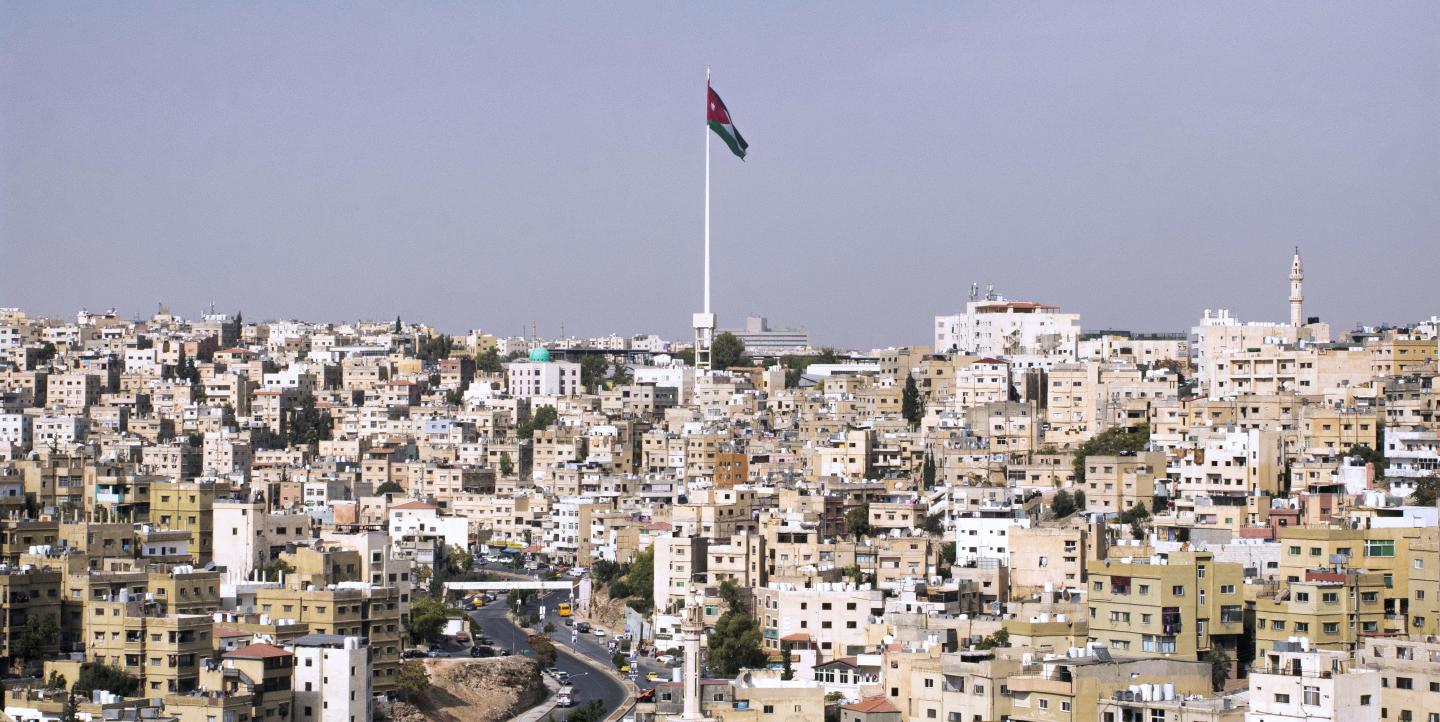In the 2010s, journalists in the Middle East began to experience an intensified set of challenges. Halfway through the decade, authorities in Yemen cracked down on journalists’ reporting, following the breakout of civil war. Several years later, in response to a new wave of protests calling for social justice and economic equality that broke out in late 2019 and 2020 across parts of the region, independent media in other countries similarly began to be targeted.
From the massive blogging movement that has emerged in Jordan to Yemeni journalists reporting from exile, reporters in the region have adapted to carry out their journalism in innovative ways, and with varying results.
Yemen
Journalism has suffered in Yemen since the Houthi-led coup in 2015 resulted in the Iran-backed group taking over parts of the country, said Yasmin Al-Qadhi, a veteran Yemeni journalist and recipient of the International Women of Courage Award in 2020 from the U.S. State Department.
“Yemeni journalists are one of the groups affected most by the war in Yemen. Since the coup, hundreds of journalists have been laid off from their jobs,” she explained. “Those who still have jobs either stopped getting paid or their salaries have been reduced, and many local newspapers and media centers have been closed.
Media outlets in the country today operate regionally, and reporters have limited space to produce more comprehensive news coverage. They also have fewer options to diversify their storytelling formats, for instance branching out into visual or investigative reporting, according to Al-Qadhi.
[Read more: MENA-based journalists overcome challenges to report on refugees during COVID-19]
Many of the outlets operating on the ground are also affiliated with the parties involved in the ongoing war. As a result, media workers are restricted to certain news agendas and geographical areas, Al-Qadhi explained. Journalists who work with the Houthis in the country’s capital of Sana’a aren’t allowed to cover news in Aden, for instance, and those who work with the UAE-backed Southern Transitional Council in Aden don’t cover affairs in the capital.
“The ruling authorities in those cities have limited local journalists from moving around, and created borders that they can’t cross, even if they are traveling from one city to the other to just visit family,” she said. “There are dozens of journalists I know who have not seen their families for years for this reason.”
Meanwhile, some Yemeni journalists report on their war-torn country from exile.
Youssef Ajlan, for example, works for the private channel Yemen Shabab from Istanbul, Turkey, according to the Committee to Protect Journalists (CPJ). There are three Yemeni channels that focus only on Yemen and operate out of Istanbul, Ajlan told CPJ, noting that they employ a good number of media workers.
“There’s a good deal of space for these channels to operate freely, as they’re devoted to Yemeni affairs, and there’s no interference from the Turkish side on the channels’ content,” Ahmed Al-Zurqa, general manager of Yemeni TV channel Belqees, told CPJ.
This trend is in line with journalists elsewhere in the region launching publications from outside their countries, such as Amal, Berlin!, and A Serious Look, two magazines created in Germany. “There is certainly a movement towards self-imposed exile journalism where many of the people who fled their countries in fear of persecution have reported on the demonstrations in the region from where they live abroad,” Sherif Mansour, the coordinator at CPJ’s Middle East and North Africa program, said.
Inside Yemen, TV and radio have been more popular among news consumers since the civil war began, according to a Media Landscapes report. Yemenis are able to find news online as well, but the content and internet access are largely controlled by Houthis. In addition, the English-language press has entirely disappeared, and private satellites are permitted to operate only if they are closely tied to leading groups in the country.
Economic instability is another factor harming journalism in Yemen, according to Al-Qadhi. Local media organizations and TV stations don’t provide journalists with the resources or the financial means to produce comprehensive content. Journalists make an average of US$3 per day, and sometimes even less.
[Read more: Reporting the crisis in Myanmar: Lessons from the ground]
Jordan
Jordan’s ruling government has presented significant challenges for journalists in the country, according to journalist Basil Alrafaih. The financial insecurity brought on by COVID-19 has exacerbated the difficult conditions.
Jordan declared a state of emergency in March 2020 in response to COVID-19, giving the prime minister more power over legislation and political matters, explained Alrafaih, while enabling the government to clamp down on press freedom. Notably, the Freedom Index 2021 from Freedom House classified Jordan as “not free.”
“The current state of journalism in the country is part of broader setbacks in Jordan,” Alrafaih said. “Over the past year, journalists arrested include cartoonist Emad Hajjaj, Roya TV owner Fares Al-Sayegh, and TV journalist Mohammad Al-Khalidi, among others."
According to Alrafaih, many issues in the country haven’t received media coverage because of restrictions imposed on news organizations. Instead, audiences are more exposed to pro-state media outlets such as Petra News Agency, Jordan TV and Al-Rai.
However, the blogging movement that has flourished on Facebook and Twitter, as well as video content on YouTube, have offered journalists freer alternatives.
Organizations like the ِArab Reporters for Investigative Journalism continue to train journalists on investigative reporting. Independent outlets like 7iber in turn publish the reporting produced by these trained reporters.
Publishing reports on social media, however, has attracted increased government scrutiny. “In many instances, they were referred to court on charges of violating the country’s cybercrime law,” Alrafaih said, adding that the Jordanian government has specifically targeted independent media and journalists who use social media to publish news, as part of its crackdown on freedom of opinion and expression.
Photo by Matt Bero on Unsplash.
Fatma Katr is a New York-based journalist who covers the Middle East and the U.S. She has reported on topics including press freedom, social injustice, business news, immigration, and gender.


